5 of
You are browsing the full text of the article: The Marvel
Click here to go back to the list of articles for
Issue:
Volume: 1 of The New Coterie
| The New Coterie Volume 1 Issue: 5 Spring, 1927 Page: 78 | ||||||||||||||||||||||||||||||
| The Marvel By Geoffrey West | ||||||||||||||||||||||||||||||
|
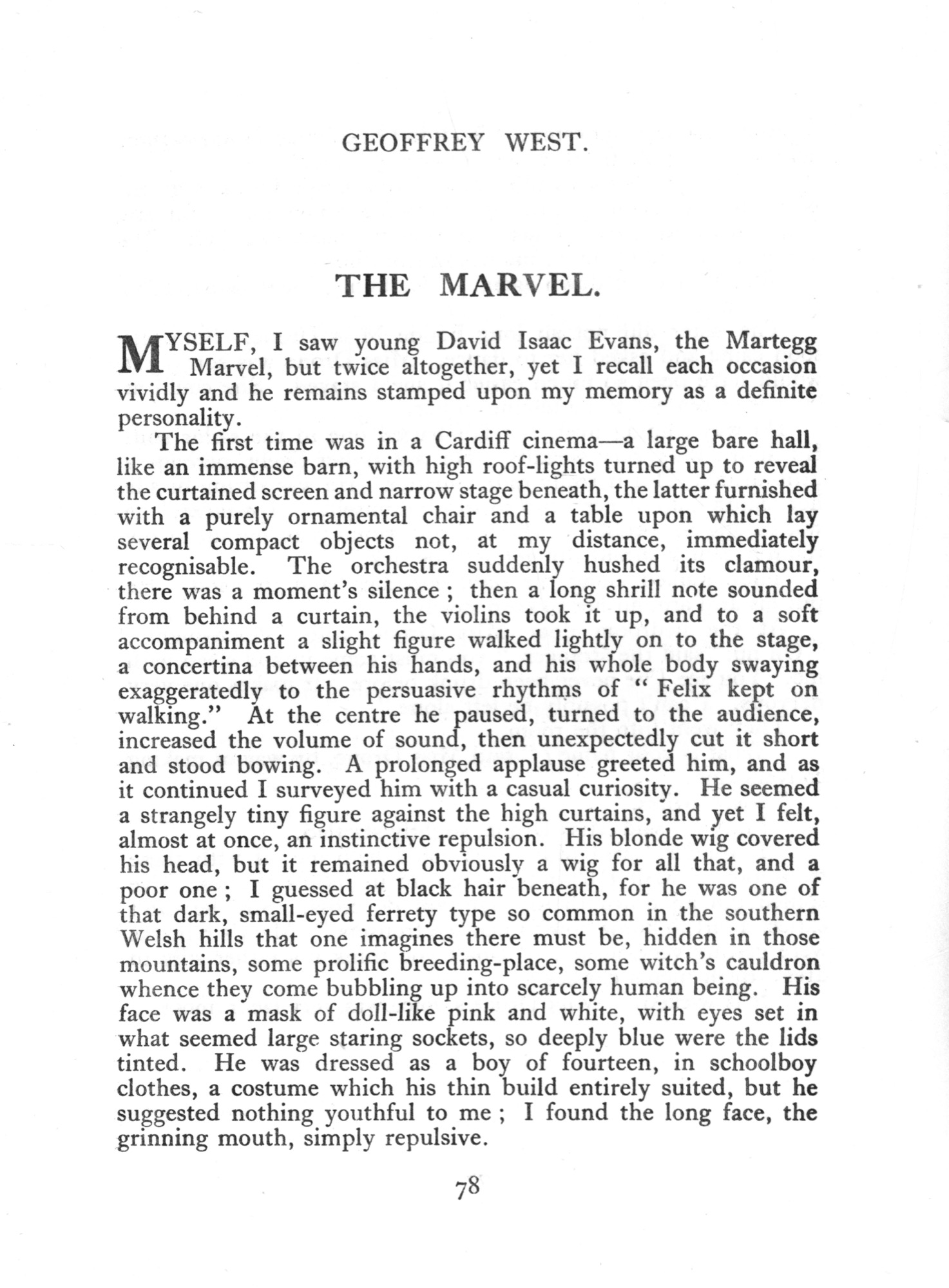
|
|
||||||||||||||||||||||||||||
| The New Coterie Volume 1 Issue: 5 Spring, 1927 Page: 79 | ||||||||||||||||||||||||||
| The Marvel By Geoffrey West | ||||||||||||||||||||||||||
|
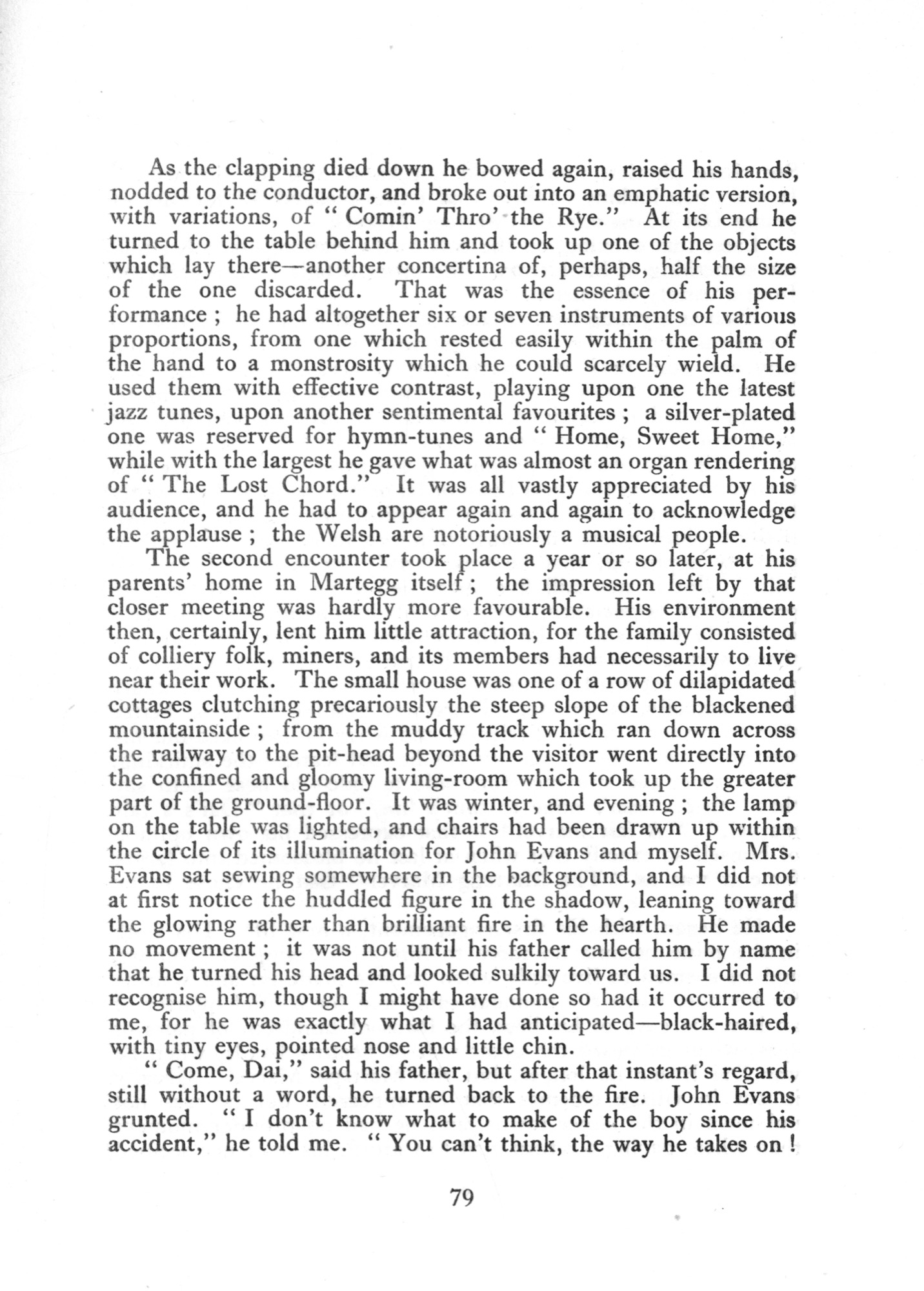
|
|
||||||||||||||||||||||||
| The New Coterie Volume 1 Issue: 5 Spring, 1927 Page: 80 | ||||||||||||||||||||||||||
| The Marvel By Geoffrey West | ||||||||||||||||||||||||||
|
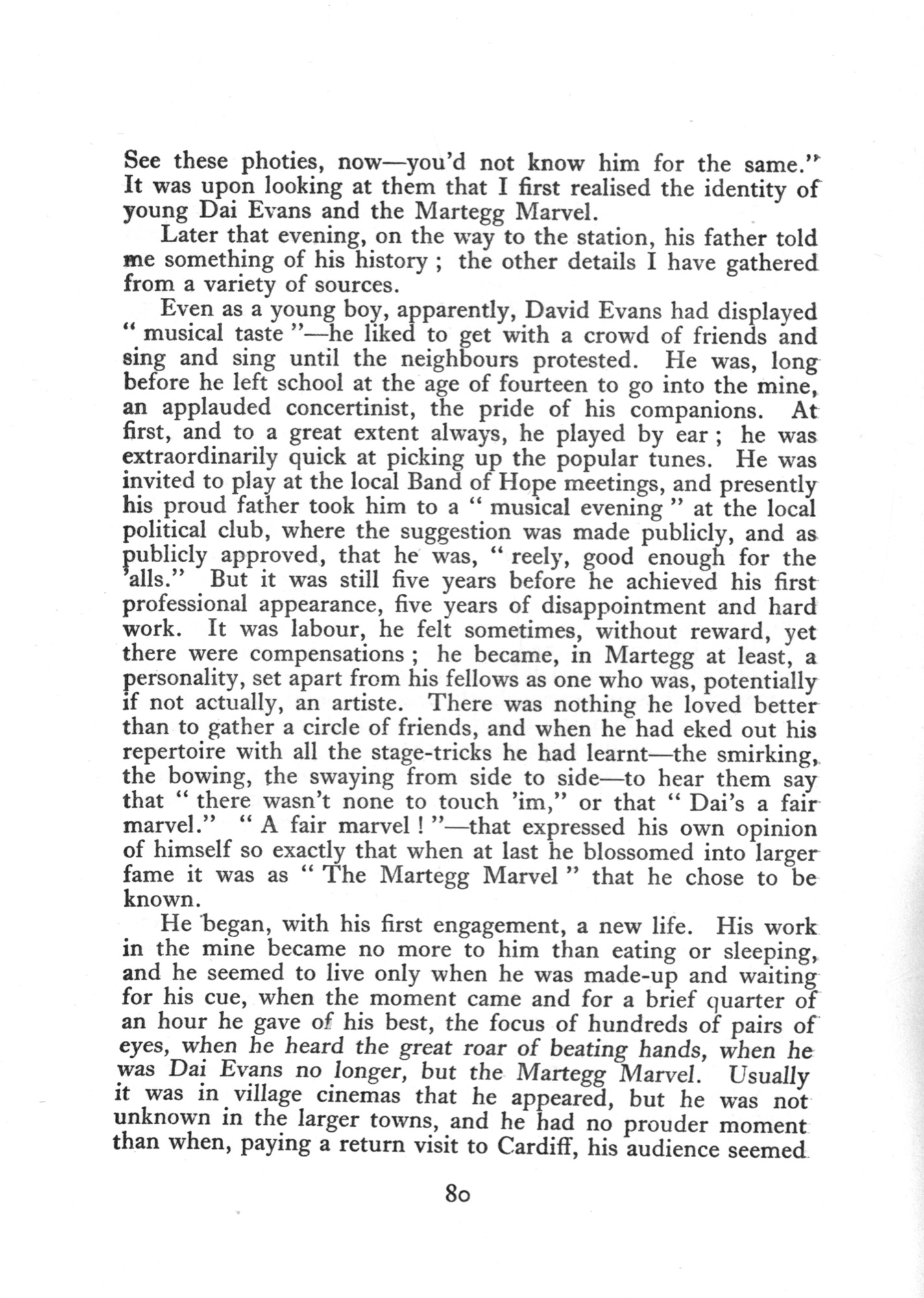
|
|
||||||||||||||||||||||||
| The New Coterie Volume 1 Issue: 5 Spring, 1927 Page: 81 | ||||||||||||||||||||||||||
| The Marvel By Geoffrey West | ||||||||||||||||||||||||||
|
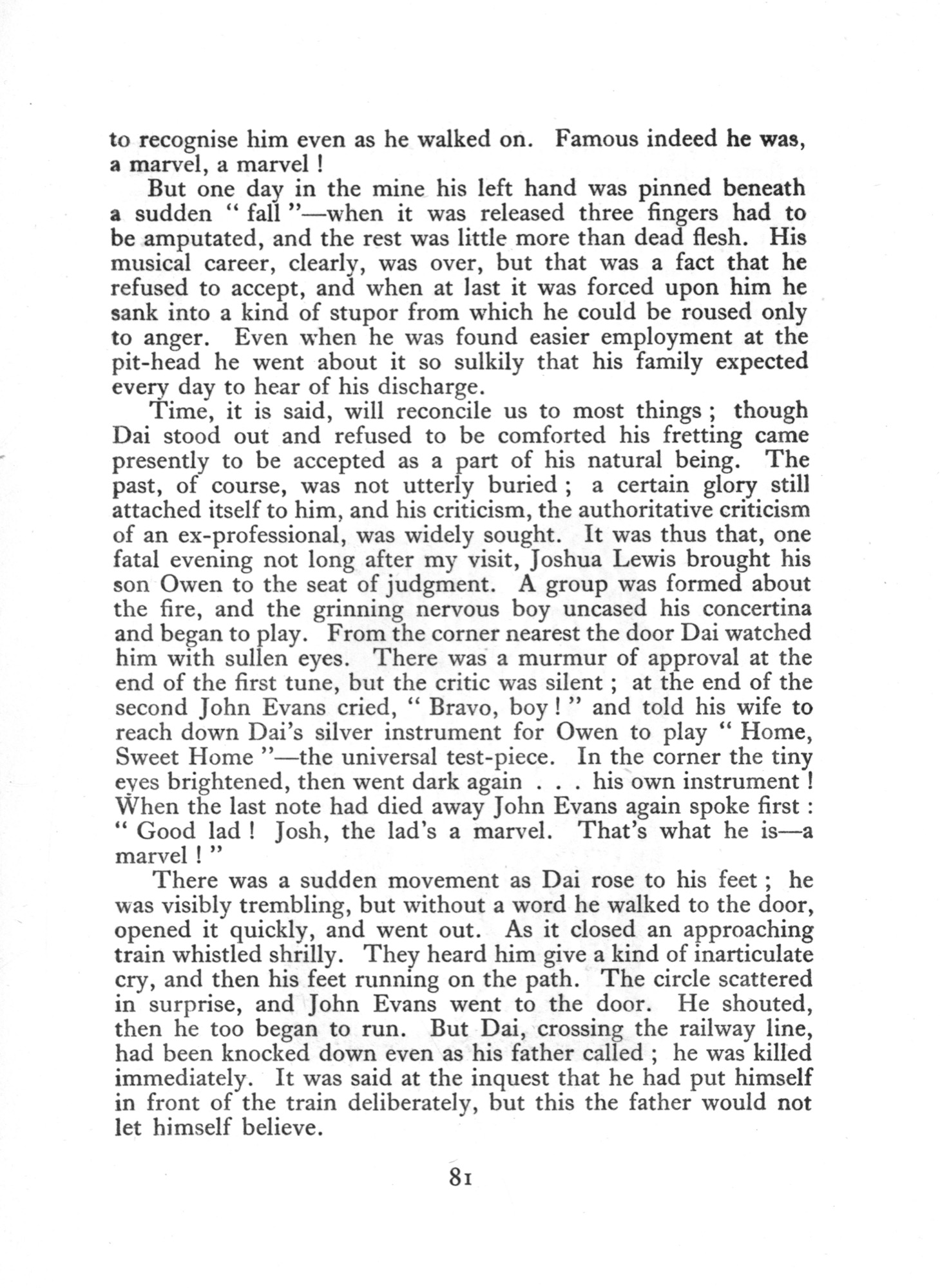
|
|
||||||||||||||||||||||||
| The New Coterie Volume 1 Issue: 5 Spring, 1927 Page: 82 | ||||||||||||||||||||||||||||||||
| The Marvel By Geoffrey West | ||||||||||||||||||||||||||||||||
|
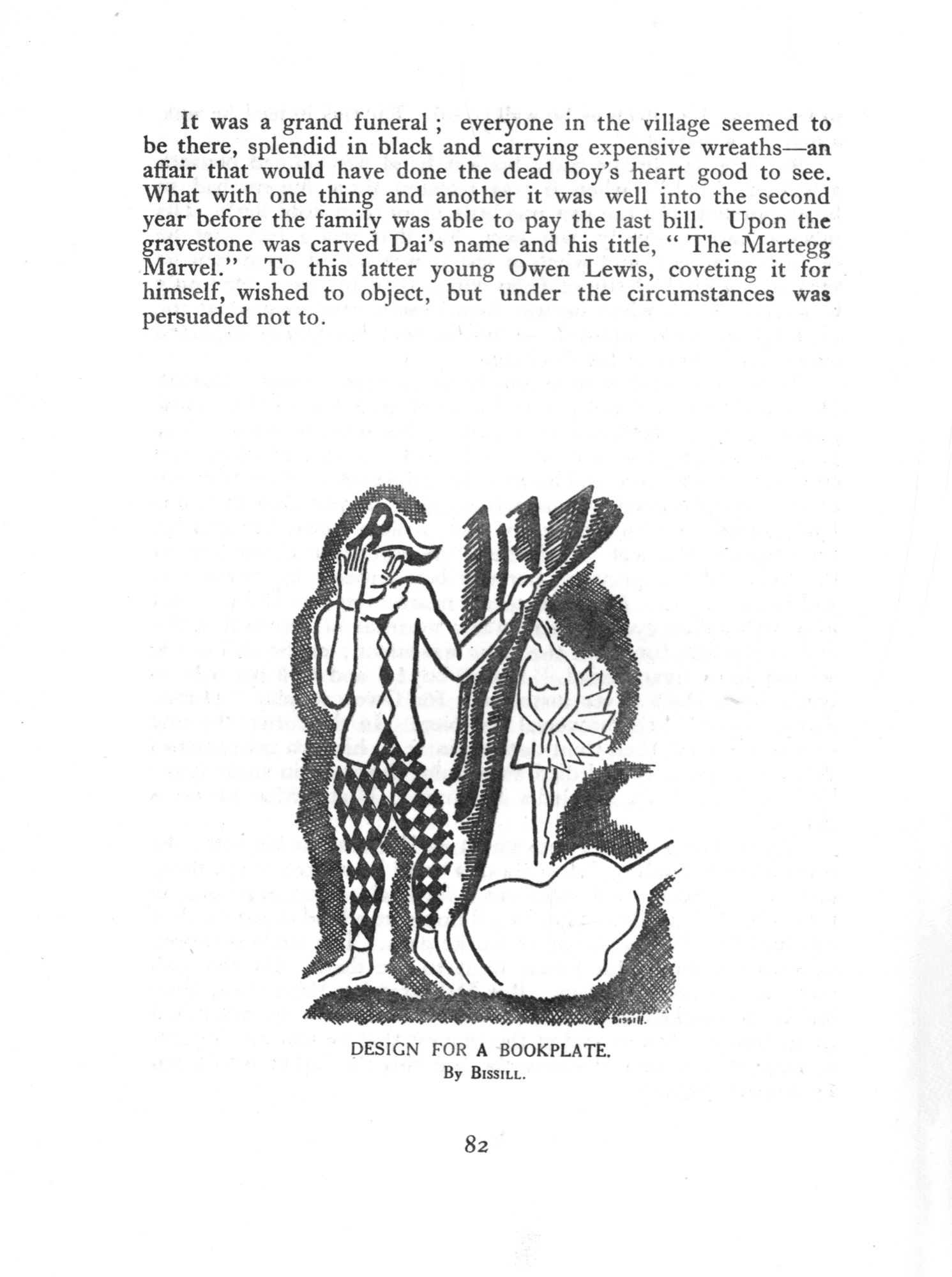
|
|
||||||||||||||||||||||||||||||




